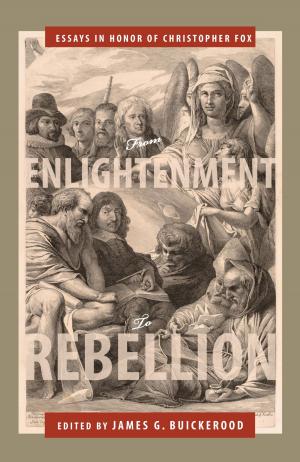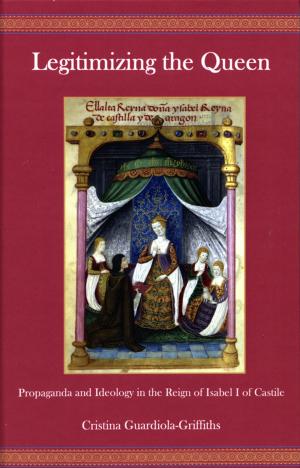Uniting Blacks in a Raceless Nation
Blackness, Afro-Cuban Culture, and Mestizaje in the Prose and Poetry of Nicolás Guillén
Fiction & Literature, Literary Theory & Criticism, Central & South American, Poetry History & Criticism, Nonfiction, Social & Cultural Studies, Social Science, Discrimination & Race Relations| Author: | Miguel Arnedo-Gómez | ISBN: | 9781611487596 |
| Publisher: | Bucknell University Press | Publication: | May 12, 2016 |
| Imprint: | Bucknell University Press | Language: | English |
| Author: | Miguel Arnedo-Gómez |
| ISBN: | 9781611487596 |
| Publisher: | Bucknell University Press |
| Publication: | May 12, 2016 |
| Imprint: | Bucknell University Press |
| Language: | English |
The Cuban writer Nicolás Guillén has traditionally been considered a poet of mestizaje, a term that, whilst denoting racial mixture, also refers to a homogenizing nationalist discourse that proclaims the harmonious nature of Cuban identity. Yet, many aspects of Guillén’s work enhance black Cuban and Afro-Cuban identities. Miguel Arnedo-Gómez explores this paradox in Guillén’s pre-Cuban Revolution writings placing them alongside contemporaneous intellectual discourses that feigned adherence to the homogenizing ideology whilst upholding black interests. On the basis of links with these and other 1930s Cuban discourses, Arnedo-Gómez shows Guillén’s work to contain a message of black unity aimed at the black middle classes. Furthermore, against a tendency to seek a single authorial consciousness—be it mulatto or based on a North American construction of blackness—Guillén’s prose and poetry are also characterized as a struggle for a viable identity in a socio-culturally heterogeneous society.
The Cuban writer Nicolás Guillén has traditionally been considered a poet of mestizaje, a term that, whilst denoting racial mixture, also refers to a homogenizing nationalist discourse that proclaims the harmonious nature of Cuban identity. Yet, many aspects of Guillén’s work enhance black Cuban and Afro-Cuban identities. Miguel Arnedo-Gómez explores this paradox in Guillén’s pre-Cuban Revolution writings placing them alongside contemporaneous intellectual discourses that feigned adherence to the homogenizing ideology whilst upholding black interests. On the basis of links with these and other 1930s Cuban discourses, Arnedo-Gómez shows Guillén’s work to contain a message of black unity aimed at the black middle classes. Furthermore, against a tendency to seek a single authorial consciousness—be it mulatto or based on a North American construction of blackness—Guillén’s prose and poetry are also characterized as a struggle for a viable identity in a socio-culturally heterogeneous society.















